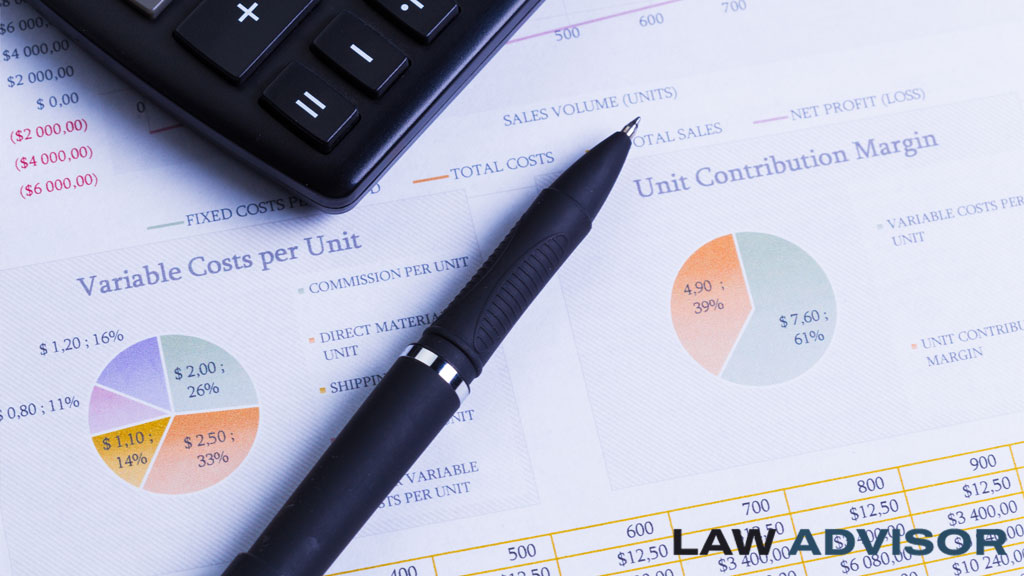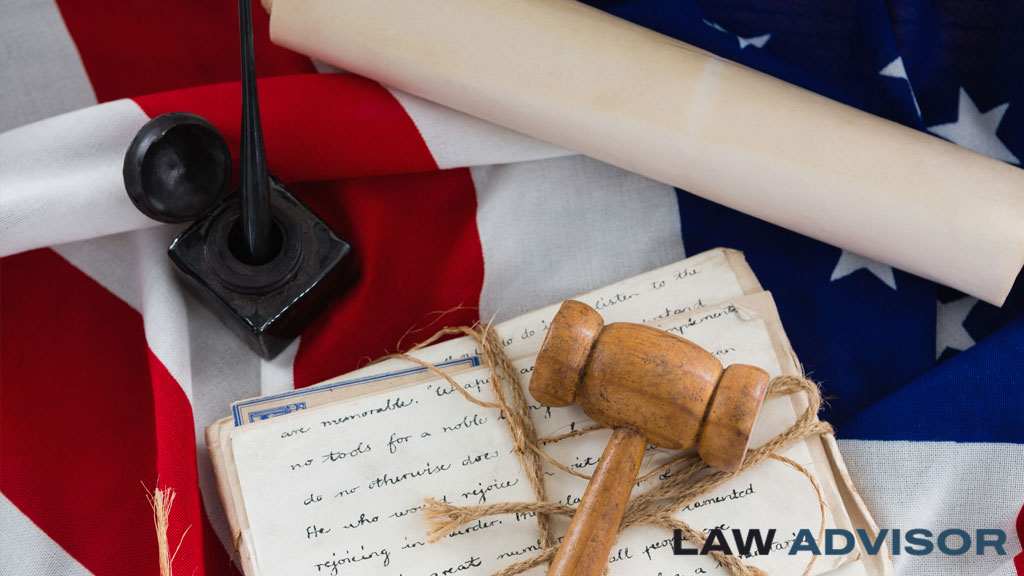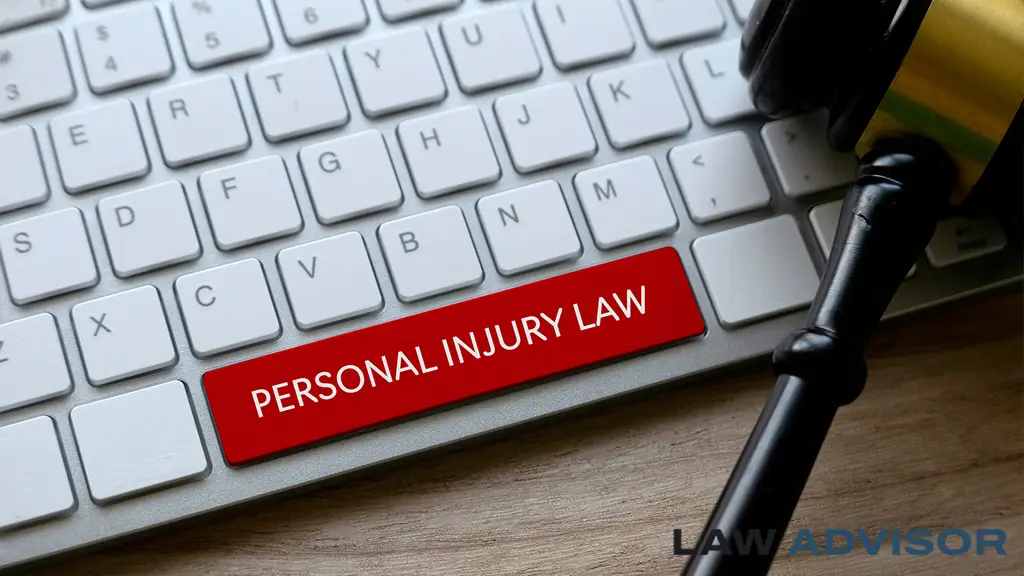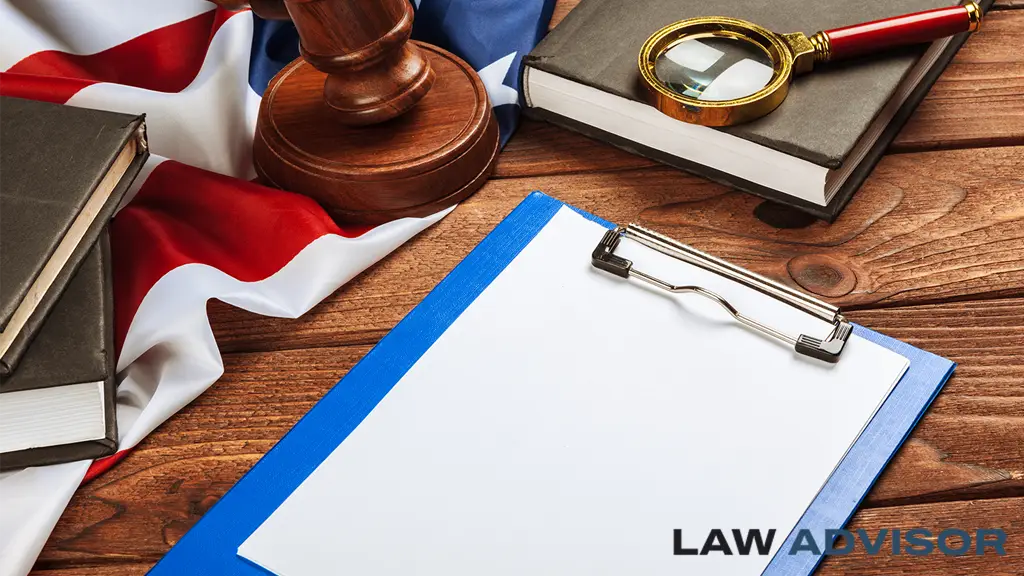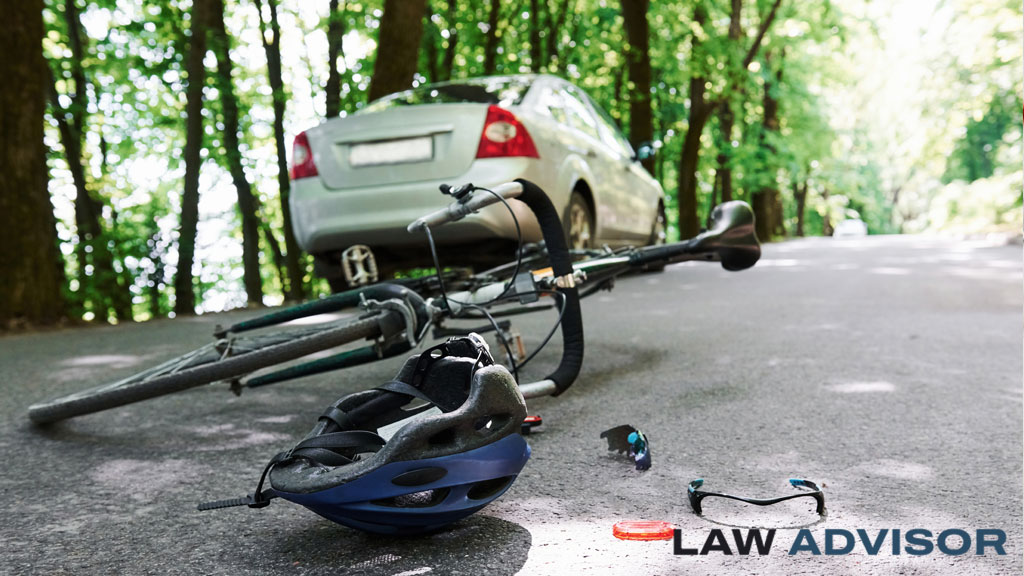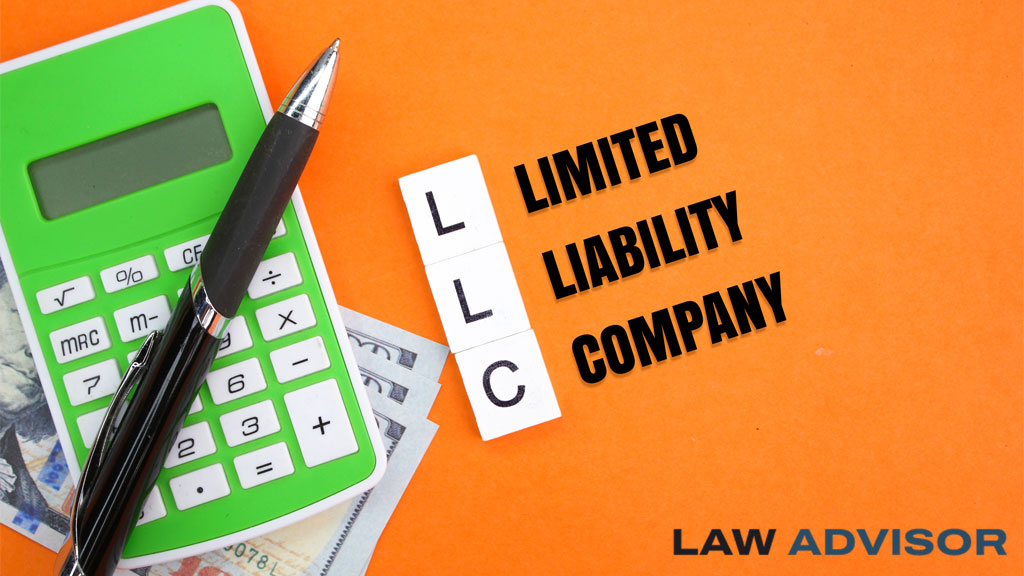📖 Introduction
When starting a business, one of the first and most important legal concepts you’ll encounter is limited liability. It’s a term you’ll see in LLC names, corporate documents, and conversations with attorneys — and for good reason. Understanding what limited liability is, how it works, and why it matters can protect your personal finances and determine how much risk you’re taking on.
In this guide, we’ll break down limited liability in plain English, explain how it applies to different business structures, and help you decide which setup is best for your company.
📌 What Is Limited Liability?
Limited liability means that as a business owner, your personal assets (like your home, car, and personal bank accounts) are generally protected if your business is sued or faces debt it can’t pay. In other words, you can only lose what you’ve invested in the business.
💡 Example:
If your LLC owes $50,000 to a supplier but your business only has $10,000 in the bank, the supplier can’t go after your personal assets for the remaining $40,000 — only the business assets are at risk.
📌 Business Structures That Offer Limited Liability
Not every business structure offers limited liability. Here’s a quick breakdown of how it works by type:
- Limited Liability Company (LLC)
Members (owners) of an LLC enjoy protection from personal liability for business debts and claims. - Corporation (C-Corp and S-Corp)
Shareholders are typically not personally liable for corporate debts and legal issues. - Limited Partnership (LP) & Limited Liability Partnership (LLP)
In LPs, limited partners have limited liability, while general partners do not. In LLPs, all partners often enjoy limited liability protection. - Sole Proprietorship & General Partnership
No limited liability. Owners are personally responsible for all business debts and legal claims.
📌 Why Does Limited Liability Matter for Your Business?
✔️ Protects Your Personal Assets
This is the biggest benefit. If your business gets sued or falls into debt, your personal property is shielded.
✔️ Encourages Entrepreneurship
Knowing you won’t lose everything you own encourages people to start businesses.
✔️ Attracts Investors
Investors are more likely to fund a company where their liability is limited to their investment.
✔️ Enhances Business Credibility
Having “LLC” or “Inc.” at the end of your business name signals to clients and vendors that you’re a legitimate, structured business.
📌 When Limited Liability Might Not Fully Protect You
Even with limited liability, there are situations where your personal assets could be at risk:
🚨 Personal Guarantees
If you personally guarantee a business loan or lease, you’re still liable.
🚨 Piercing the Corporate Veil
If you don’t follow proper business formalities (like mixing personal and business funds), courts can hold you personally responsible.
🚨 Fraud or Illegal Activities
No business structure will shield you from liability for your own wrongdoing.
📌 How to Maintain Limited Liability Protection
To keep your personal assets safe:
✅ Keep personal and business finances separate
✅ Sign contracts on behalf of the business, not personally
✅ Maintain required business licenses and registrations
✅ Follow legal formalities (especially for corporations)
✅ Keep accurate records and meeting minutes
📌 Limited Liability vs. Other Types of Liability
| Type of Liability | Definition |
|---|---|
| Limited Liability | Personal assets are protected; liability limited to business assets |
| Unlimited Liability | Business owner personally liable for all debts and claims |
| Joint Liability | Two or more parties equally responsible for a liability |
| Several Liability | Each party responsible for their portion of the liability |
📌 Pros and Cons of Limited Liability
Pros:
✅ Personal asset protection
✅ Easier to attract investors
✅ Enhances business credibility
✅ Flexible tax options (especially with LLCs)
Cons:
❌ Costs and paperwork involved
❌ May still require personal guarantees
❌ Risk of “piercing the corporate veil” if formalities aren’t maintained
📌 Should You Form a Business Entity with Limited Liability?
If your business involves:
- Customers visiting your property
- Offering professional services
- Selling products to the public
- Signing significant contracts
- Taking on business debt
…it’s strongly advisable to choose an LLC or corporation to protect yourself.
📌 Final Thoughts
Limited liability isn’t just a legal term — it’s a crucial tool for protecting your financial future as a business owner. Whether you’re launching a small online shop or a large consulting firm, understanding how limited liability works and applying it correctly can save you from devastating personal losses.
If you’re unsure which business structure is best for you, consult a business attorney or legal advisor familiar with your state’s laws.

